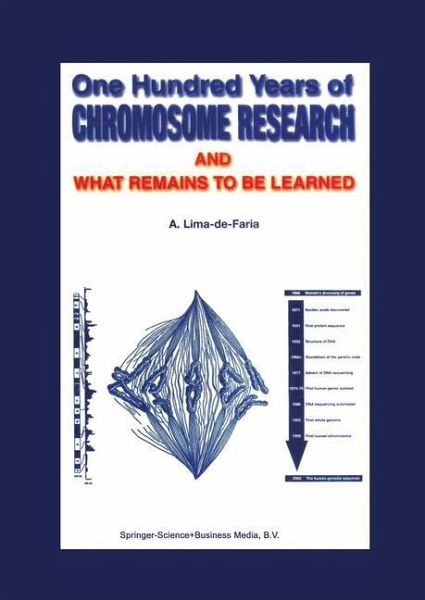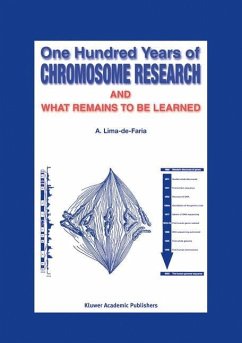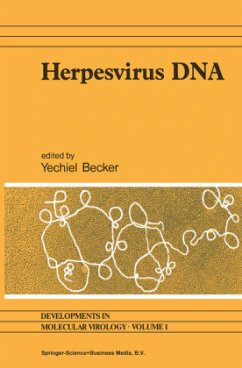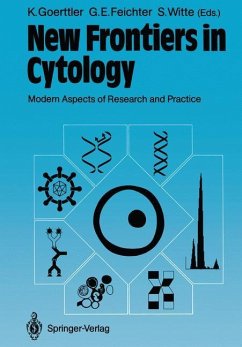
One Hundred Years of Chromosome Research and What Remains to be Learned
Versandkostenfrei!
Versandfertig in 6-10 Tagen
113,99 €
inkl. MwSt.
Weitere Ausgaben:

PAYBACK Punkte
57 °P sammeln!
One Hundred Years of Chromosome Research: What Remains to be Learned, offers the reader a critical analysis of the observations and experiments that shaped the last 100 years of chromosome research, as well as the ideas which prevailed during this period. Emphasis is placed on what remains to be learned, particularly in light of reality of the sequencing of DNA which leaves the previous era of chromosome research as a prehistoric event. It is at this turning point, that well formulated questions can be asked about many of the chromosome's properties, which remain to be unveiled.The author, Lim...
One Hundred Years of Chromosome Research: What Remains to be Learned, offers the reader a critical analysis of the observations and experiments that shaped the last 100 years of chromosome research, as well as the ideas which prevailed during this period.
Emphasis is placed on what remains to be learned, particularly in light of reality of the sequencing of DNA which leaves the previous era of chromosome research as a prehistoric event. It is at this turning point, that well formulated questions can be asked about many of the chromosome's properties, which remain to be unveiled.
The author, Lima-de-Faria is Professor Emeritus of Molecular Cytogenetics at Lund Unviersity, Sweden, previously Head of the Institute of Molecular Cytogenetics, Lund University.
Emphasis is placed on what remains to be learned, particularly in light of reality of the sequencing of DNA which leaves the previous era of chromosome research as a prehistoric event. It is at this turning point, that well formulated questions can be asked about many of the chromosome's properties, which remain to be unveiled.
The author, Lima-de-Faria is Professor Emeritus of Molecular Cytogenetics at Lund Unviersity, Sweden, previously Head of the Institute of Molecular Cytogenetics, Lund University.














